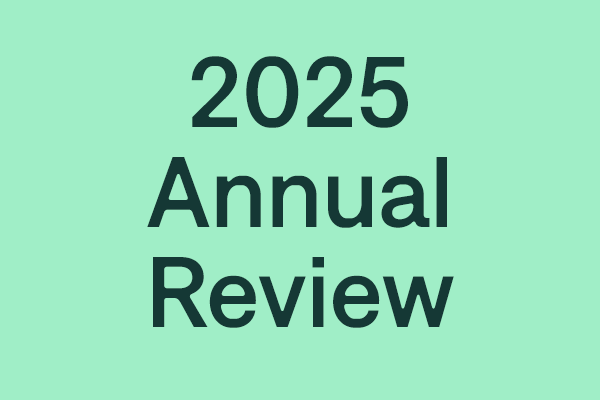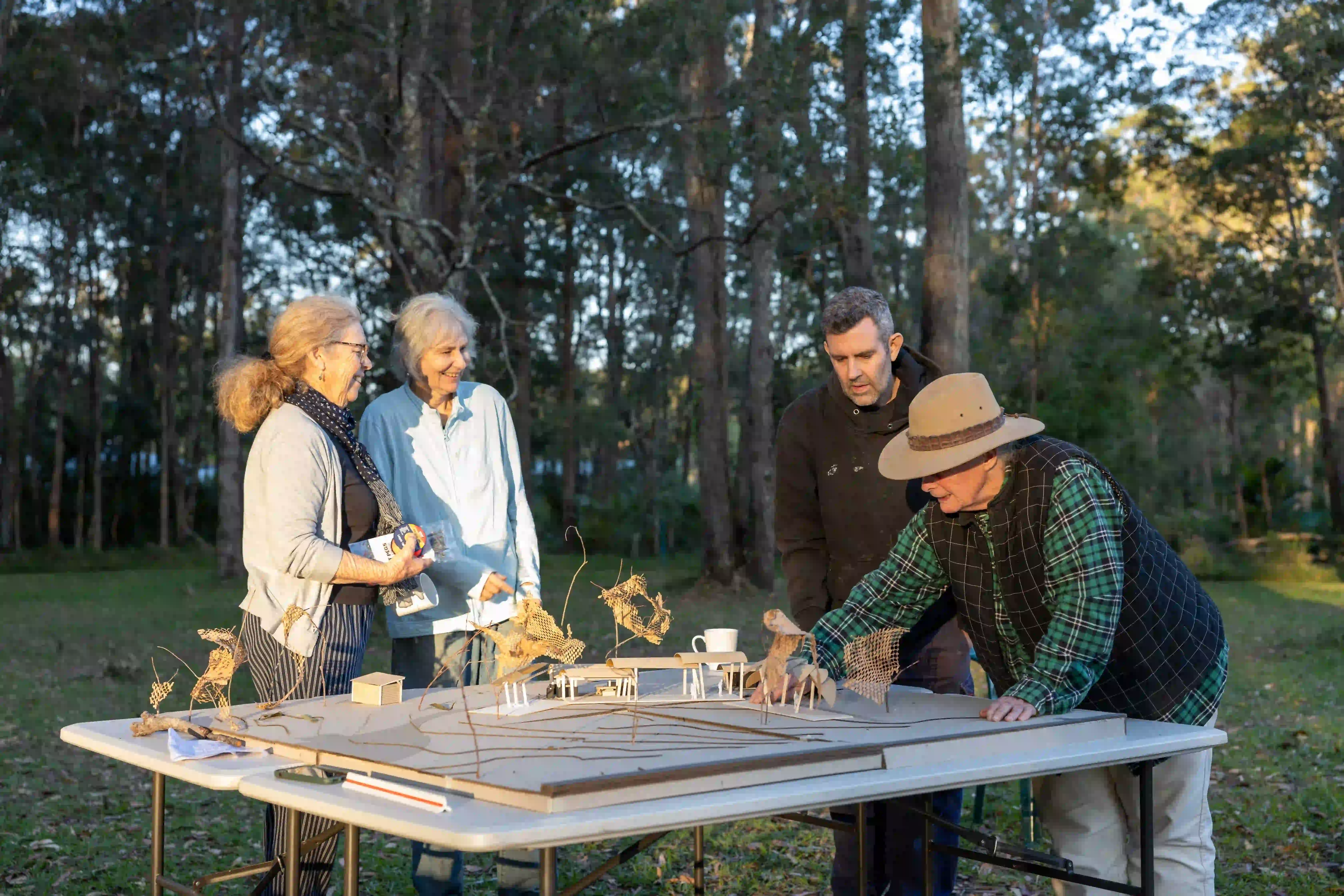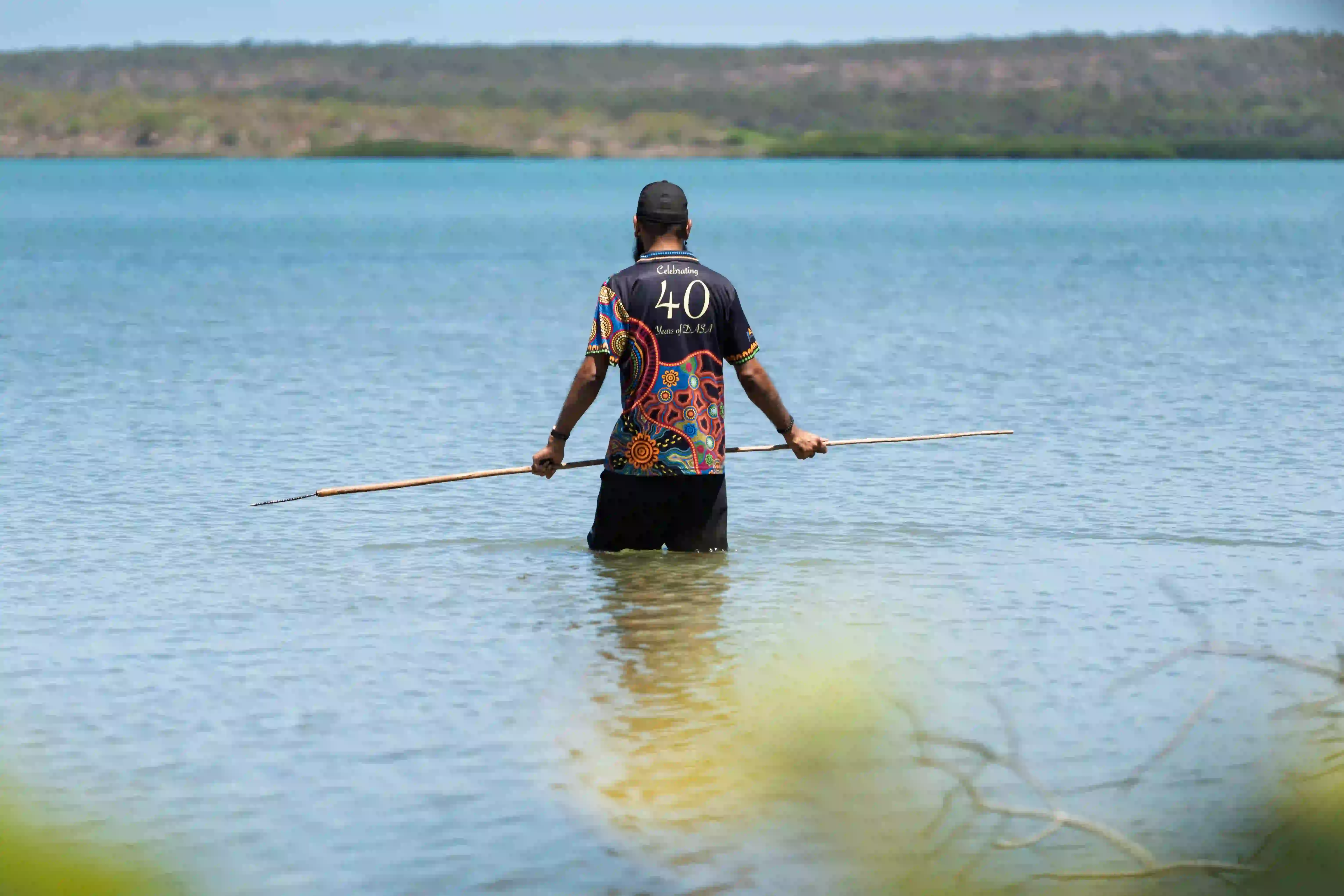I was lucky enough to be part of a great conversation recently about ‘Putting the civil back into civil society’ with my friend and colleague, Professor Peter Shergold AC, at the State Library of NSW.
We’ve known each other for over a decade, and in that time, we’ve seen each other wear numerous hats – public policy, university, governance, leadership, covering many social issues and philanthropy. We’ve had many great conversations over the years and it’s always a joy to dig into a topic publicly from our own personal perspectives with Peter.
Peter set the scene with a range of sobering stories and statistics about declines in trust, civic participation, threats to democratic governance and political divisiveness.
The conversation was intentionally provocative (you can watch Peter’s speech and listen to our full discussion here). So, in that spirit, here are three provocative questions to consider.
1. Are we creating or reinforcing the polarities we are cautioning against?
Reinforced by a conflict-driven 24/7 news cycle and algorithms which entrench echo chambers, what divides us is often emphasised far more than that which unites us.
This can reinforce the polarities, rather than help to see the shades of grey between them (see my previous blog on polarities here).
For example, statistics do show concerning levels of trust and Edelman’s 2023 Trust Barometer proclaimed, "Australia is on a path to polarisation.”
The 2022 research found only 52% of Australians trusted government to do the right thing, and more than half of the population felt like the government (61%), business leaders (61%) and the media (65%) were trying to mislead them.
However, on some measures, trust in Australia is increasing. Edelman found Australia has moved from distrust (48) to a neutral rating (54) between 2023 and 2024. And this was not globally consistent. On the IPSOS Global Trustworthiness Monitor, while trust in the national government slightly worsened over the last 16-years, trust is higher than 2019 pre-Covid levels.
And when the ABS General Social Survey (2022) breaks it down further, 79% of us trust the police, over three quarters of us trust our healthcare system and 61% trust public services (up from 2019. Globally, there is trust in scientists, teachers, fellow citizens and neighbours.
I’m not suggesting we don’t need to improve trust, but what might we be missing because of:
- how we measure,
- expectations based on what’s happened in the past; and
- the narratives we’re looking for and crafting?
How much of the ‘trust’ problem are we reinforcing by crafting a narrative of urgency around diminishing trust?
Similarly, on civil society participation, is there a decline in participation or are we using old measures that no longer capture the diversity of civic participation?
Take formal volunteering, which has experienced a downward trend and, understandably took a significant hit during the pandemic while the country was largely in lockdown (ANU, 2023). How much of this is about changes in how civil society participates, compared to the way we measure the extent to which this occurs?
We have seen a move away from volunteering for formal organisations, but informal volunteering has increased. In 2022, 46.5% of the population were informally volunteering. And informal volunteering is high and strongly culturally embedded in First Nations and culturally diverse communities. We also consistently see people come together in difficult times – natural disasters, the global pandemic and the pandemic.
2. Is ‘political divisiveness’ a paradox of Democracy?
Democracy is a system of government where the people elect its representatives and institutions function according to democratic rules, norms and processes. Therefore, isn’t a key point of a democratic society that we can debate ideas?
This also means that, at the end of the day, someone (or a group) is going to ‘win’ and another will ‘lose’ or compromise. What we’re giving up in the context of democracy is the ability to control the outcome and accepting that citizens may choose a candidate/ outcome we don’t want or agree with.
Therefore, how much ‘political divisiveness’ is because the old forms of political affiliations aren’t serving people as well anymore? The emergence of the ‘teals’ is potentially a case in point.
Democracy matters and there are conditions that can preserve it. We need trusted, transparent and accessible democratic institutions.
And we can apply the principles of good democratic governance. Based on combining work from the OECD Reinforcing Democracy Initiative and the European Label of Governance Excellence, we can split these into four categories:
1. How they’re elected: Participation, Strengthening Representation, Fair Conduct of Elections
2. How they function: Responsiveness, Efficiency and Effectiveness, Openness and Transparency, Rule of Law, Ethical conduct, Competency and capacity, Innovation and Openness to Change, Sustainability and Long term orientation, Sound financial management.
3. What they stand for and who they represent: Human rights, cultural diversity and social cohesion, environmentally and globally responsible
4. How they’re held to account: Accountability, which includes ‘combating mis- and disinformation’ and ‘public governance for digital democracy’.
So much of this is about getting enough information from enough sources to make an informed enough choice:
- Where does our information come from?
- Who gets to determine what data goes into that information?
- Who is crafting the analysis/ the narratives?
- How is information disseminated?
We also need to consider, who gets represented, and how? And how do we consider different models of representation? What does it mean, for example, for our First Nations people who didn’t get the vote until 1967, who still experience huge gaps relative to non-Indigenous Australians and a population that decided via a democratic process of the referendum that they shouldn’t have representation on the decisions that affect their lives (even though evidence shows this plays out to produce better outcomes)?
Did we have enough conversations about this, which brings me to the third question.
3. How do we reconnect with the art of meaningful, respectful debate?
It can be ‘easier’ to attack ideology or values when we disagree strongly with someone. But is this more about our ability to have conversations and debates over areas that we disagree about?
In society, we have information coming to us from all directions. It’s one of the wonderful things about democracy, accessing different voices and information sources. But there is work in this:
- Finding, listening and engaging with multiple perspectives,
- Having respectful debates and working towards common goals together, and
- Holding nuances and shades of grey, and paradoxes.
We should expect polarities when we’re looking to address big societal challenges – because what’s often needed is significant systems change – and this means things must change, that some have something to lose and some have things to gain. Given this, how open are we saying that values are lost if someone doesn’t agree with us, rather than being curious about what values underpin those views?
So what?
This piece intentionally raises more questions than answers, but there are things we could do and/or look further into to invest in civil society and building trust in democratic governance:
- Building capability to: question where information comes from, find other perspectives, ask what else might be going on, and challenge assumptions.
- Recrafting our narratives that ‘stymie social change’ and become aware when we’re being fatalistic, individualistic or ‘us v them’ and seeing the strengths, values, resources, wisdom.
- Learning to have respectful debates and listen deeply to people with different perspectives and who we don’t agree with and realising that we will have to ‘give up’ on something (power, decision making, our way of working etc).
- Creating spaces for democratisation of ideas, data, debates and participation for example seeing and building on ‘civic participation’ in new forms; finding and investing in more third spaces and the accessibility of those spaces for different voices; and democratising data and information.
Maybe the work is on the collective will to engage, create space to engage and encourage participation from a multitude of voices in different ways. Whatever the next steps, discussing these issues and raising questions is hopefully a step in the right direction.











